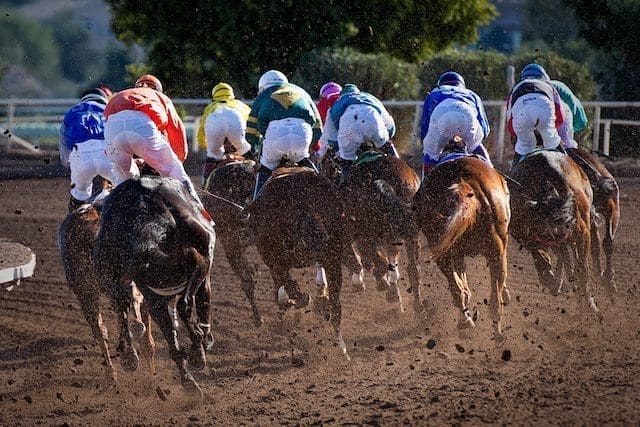A good horse racing tipster is someone who provides accurate and well-researched advice to backers, helping them make informed decisions about which horses to wager on. Being a successful tipster requires a combination of expertise, consistency, transparency, and effective communication. Here are some key qualities and factors that make a good horse racing tipster:
Knowledge and Expertise
A deep understanding of horse racing, including the various factors that influence race outcomes such as horse form, jockey performance, track conditions, and racing strategies is critical to a tipster being successful. Although an intimate knowledge of the industry is not a necessity, some of the best in the business are former trainers and jockeys.
A tipster should dedicate significant time to researching horses, trainers, jockeys, and track conditions. Thorough research helps in making informed predictions and identifying value bets in horse racing odds today and in the future.
Consistency and Transparency
Consistently providing accurate tips for online betting over time builds credibility and trust amongst followers, whilst a regular winning record shows that the tipster isn’t just relying on luck but is making well-informed choices. Picking winners in big races like the Grand National for which Corach Rambler is a 16/1 favourite in 2024 is of particular importance to some followers.
Transparency is crucial in a tipster gaining the trust of their audience. A good tipster should be open about their methodology, sources of information, and track record, particularly for big races like the Cheltenham Gold Cup. Sharing both successes and failures demonstrates honesty.
A strong track record of successful predictions is one of the most important factors in evaluating a tipster’s reliability. A tipster should keep a record of their past tips and their outcomes. The best tipsters out there have years of detailed results available to their customers.
Understanding of Betting Markets
A good tipster should understand the betting markets and odds, as well as how their tips can influence those markets. Knowledge of value betting and identifying odds that are better than they should be is important.
The horse racing industry is dynamic, with variables that can change from race to race. A good tipster should be adaptable and able to adjust their predictions based on changing circumstances.
Providing a range of insights, not just focusing on favourites, can also help differentiate a tipster. Covering different types of races, tracks, and betting strategies showcases a well-rounded approach.
Communication and Interaction
Effective communication is critical to conveying insights and recommendations clearly to your audience. A tipster should be able to explain their analysis and reasoning in a way that is understandable to both novice and experienced bettors.
Interacting with followers, answering questions, and engaging in discussions about racing can enhance your credibility and show that you’re genuinely invested in helping others succeed. A responsible tipster acknowledges the risks associated with gambling and encourages responsible betting behaviour. They should emphasise the importance of managing bankrolls and avoiding excessive bets.

Remember that no tipster can guarantee 100% accuracy, as horse racing outcomes are inherently uncertain. Even the best tipsters will have losing streaks, so both tipsters and their followers need to approach betting with a responsible and realistic mindset.




